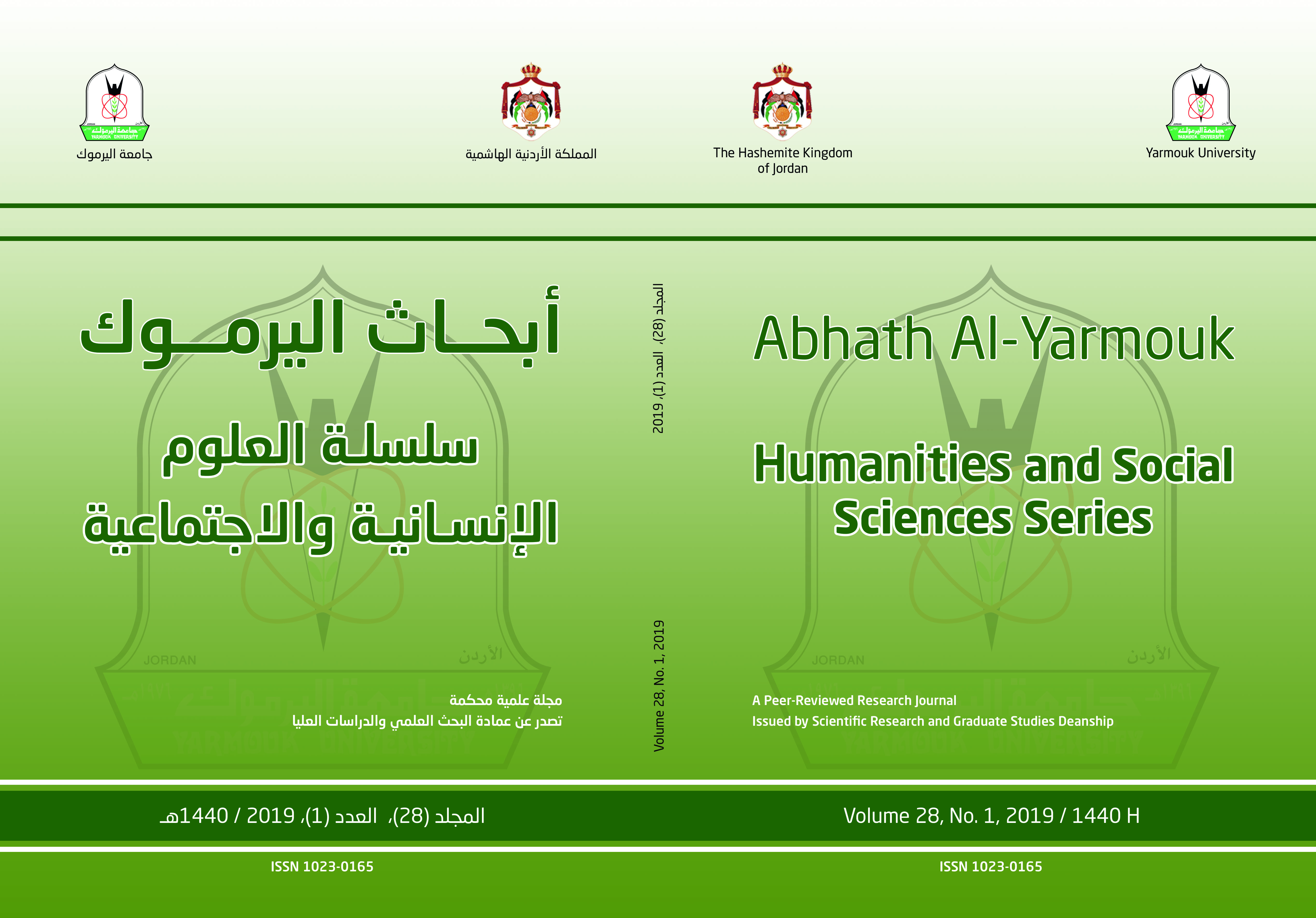Power Politics and Precarious Positions: Indigenous narratives about intertribal power dynamics and competition in the tourism economy of Petra, Jordan
Keywords:
Positioning Theory, Power; Tourism, Development,Government policy, PetraAbstract
Aim of the study: For four decades, Petra has constituted the focal point of efforts by the Jordanian state to transform the Hashemite Kingdom’s tourism sector into the country’s economic engine. This study aims to examine the impact of government development efforts on power relations between the Bidūl and Layāthnā, two tribal groups indigenous to the Petra region whose lives and livelihoods have been transformed by increases in tourism to the city since the 1980s.
Methodology: The study uses positioning theory to analyze 56 semi-structured interviews with Bidūl and Layāthnā tribespeople conducted over four fieldwork visits to the Petra region from August 2018 to January 2020.
Findings and conclusions: The study finds that the Jordanian government’s 1984 decision to remove the Bidūl from Petra’s caves and resettle the tribe in Umm Sayhoun has had far-reaching ramifications for the balance of power between the Bidūl and the Layāthnā. In the present day, the Bidūl, Layāthnā, and Petra Development and Tourism Region Authority instrumentalize the move to Umm Sayhoun in speech acts questioning the Bidūl’s self-ascribed right to work in the local tourism economy as equal citizens of the Petra region.

